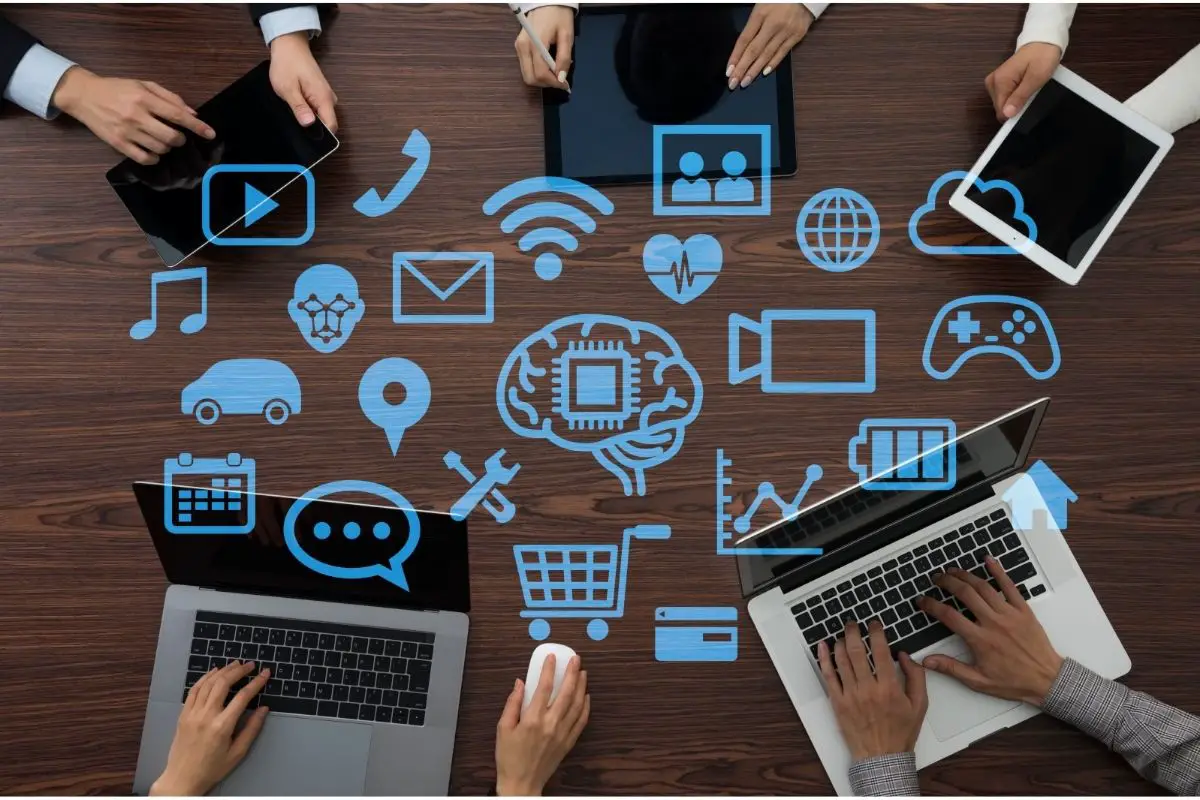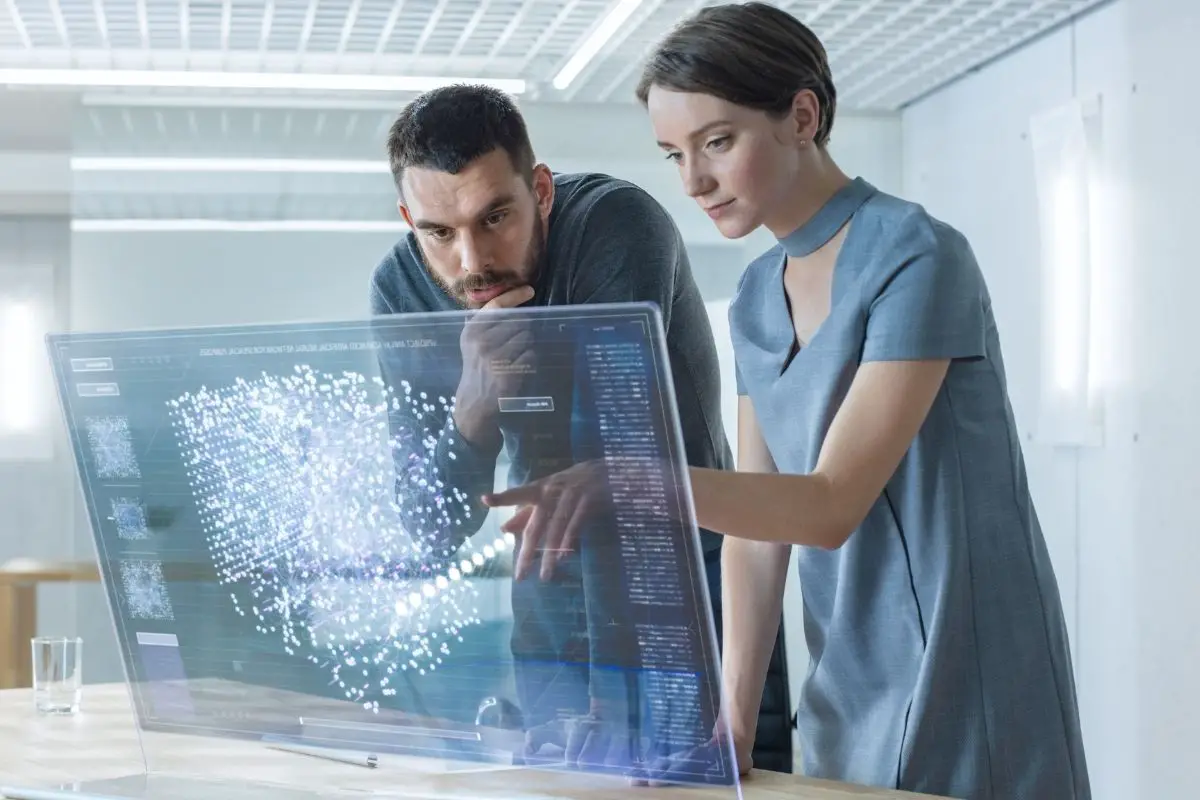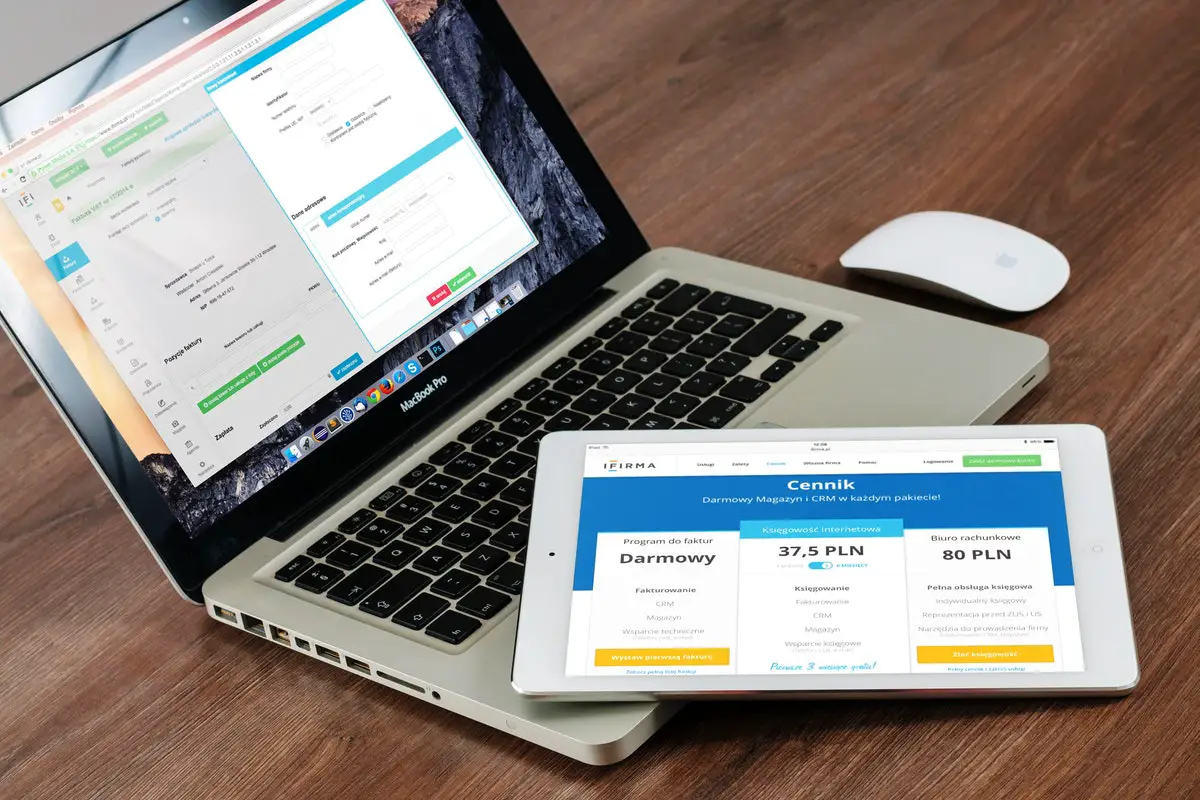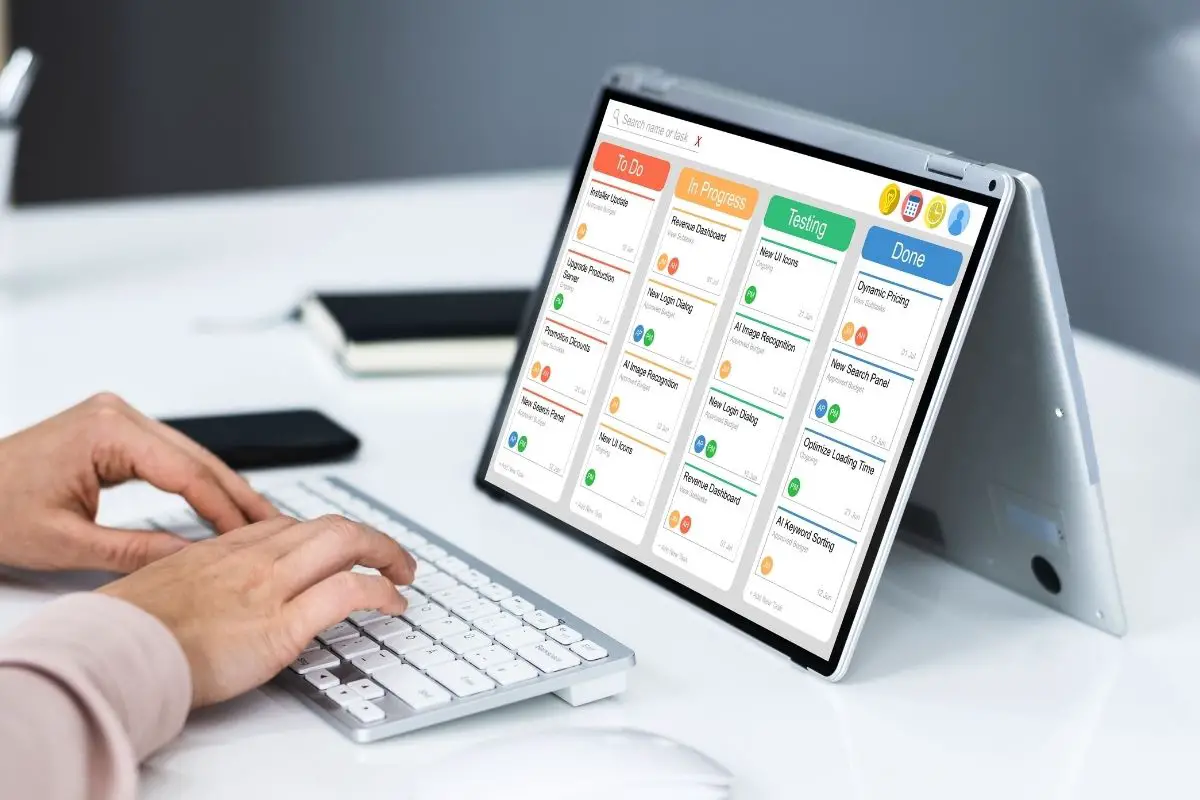Artificial Intelligence (AI) has become a highly debatable topic.
AI is already being used in various industries such as finance, healthcare, retail, manufacturing, transportation, and even agriculture. The potential impact of AI on our lives is huge.
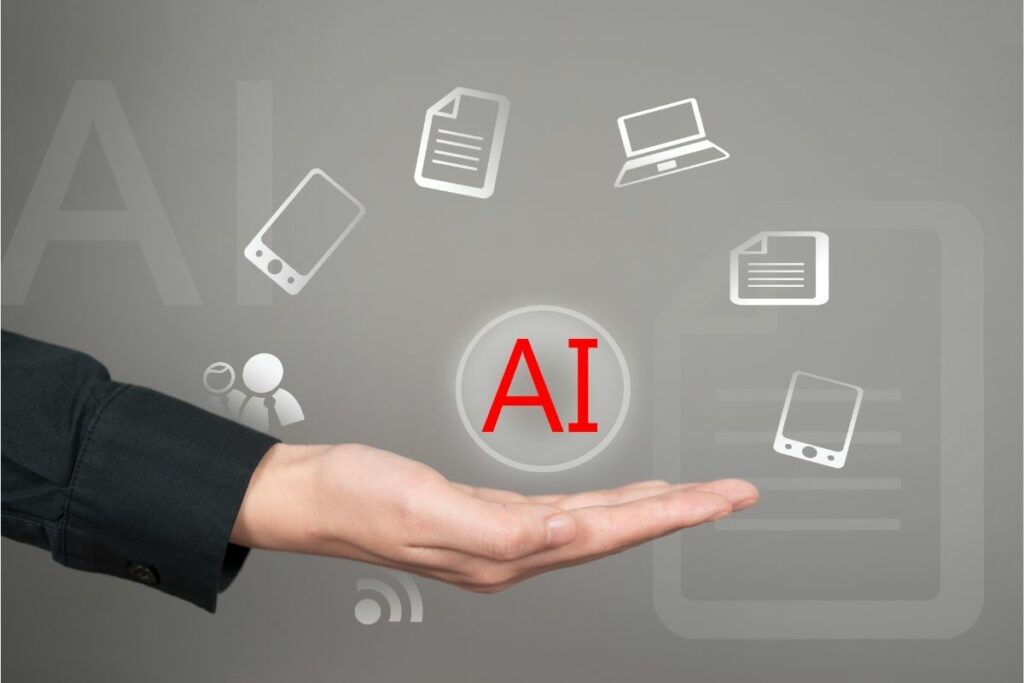
Artificial intelligence is becoming more advanced every day. In fact, some experts predict that within 20 years, AI will replace certain fields. This means that many jobs will disappear.
Keep reading to discover the impact of AI on the job market. As in this article, we take a look at the top jobs that AI could potentially replace in the future.
How Concerned Should You Be?
It is true that AI will take over some jobs, particularly those classed as unskilled.
It’s a very common thought that AI will likely take over most jobs within manufacturing and transporting — particularly jobs which could be dangerous for humans.
While this does take away jobs from real people, the fact of the matter is, it’s likely going to make the world safer for everyone.
This is because people will not have to do jobs that are otherwise classified as dangerous, which is very common in factories and manufacturing.
It’s important to remember that AI cannot take over all human jobs. AI does not have human judgment, nor does it have empathy — which is a crucial factor needed for most jobs.
This means that any concern that the ‘world will be taken over by robots’ is misguided.
There are a lot of jobs that AI simply cannot master, especially when it involves human intuition and the creation of complex strategies, as well as critical thinking.
It does not mean that AI will not be used in these fields, but AI will be used to make the jobs of real people easier, which puts less stress on workers.
Now, with that said, AI will take over some jobs. In many cases, this is for the best, as it will be far more efficient and safer for human workers.
This is not the case for everyone, especially if someone has a particular skill set.
In this situation, it is important to remember that while AI will take over jobs, it will allow for the creation of new jobs that people can be trained in.
What Jobs Could AI Create?
There are a number of different types of jobs that AI can create. Some of them include:
- Data Analysts – These individuals work with data, using their skills to find patterns and trends.
They may also use machine learning algorithms to help create useful models for businesses.
- Programmers – Programmers write code that helps computers understand information or perform specific tasks.
A programmer might develop an algorithm that predicts how much profit a business would earn based on its current sales figures.
- Researchers – Researchers study topics related to AI, including ethics, psychology, and neuroscience.
Research focuses on developing better ways for machines to learn and interact with humans.
- Engineers – Engineers design everything from cars to rockets. They usually work alongside programmers, researchers, and other engineers.
The term engineer refers to anyone who designs, builds, tests, or maintains something.
- Medical – AI can be used in medical imaging software to diagnose illnesses. They may need to analyze images of organs, bones, blood vessels, and muscles.
In fact, most people are surprised to learn that AI will have such an important impact on the medical industry.
While everyone knows the importance of the advancement of technology, AI can actually help analyze and help diagnose illness.
Moreover, it’s estimated that job opportunities could increase by almost 1 million.
This is because AI-assisted technicians within healthcare will be crucial, and as a result, will generate a vast amount of new jobs.
What Jobs Will AI Replace?
Below, we will explain the current predictions regarding AI replacing jobs that require human labor.
Accountants

Accounting systems are starting to become automated, which means there is no need for human monitoring or tracking.
This makes them cheaper and more efficient. More than that, there will be no need for the payables and receivables to be tracked, making the whole process easier.
It is predicted that AI will be far more effective at accounting than humans.
Legal Assistants
Legal assistants are already being replaced by computer programs. This is due to the rise of natural language processing (NLP) and deep learning.
NLP lets computers interpret what is written into sentences, whereas deep learning allows computers to train themselves through experience.
Of course, layers and legal professions will never lose their jobs — AI can never replace the true accuracy of humans, nor mimic the strategy.
AI will, however, be used to help lawyers and legal professionals.
Salespeople
Salespeople use their knowledge of human behavior to persuade others to buy products.
However, it is predicted that AI will soon be able to mimic this. In fact, it has been done before. An example of this is chatbots, which are now widely used by companies like Amazon.
Chatbots allow users to communicate with each other via text messages. As these bots become more sophisticated, they will be able to act as salespeople.
Customer Service Representatives
Customer service representatives are often seen as tedious jobs. However, their role is extremely important.
They ensure customers receive excellent customer service and solve any problems that arise.
However, it is expected that AI will be able to take over this role. An example of this is Amazon Go, where customers don’t even need to ask for assistance when buying items.
All they need to do is walk out of the store and pick up their purchases. The same concept could be applied to many other stores.
Bookkeepers
Bookkeeping was once considered one of the hardest tasks in business. But thanks to AI, bookkeepers can now be fully automated.
Once again, this is due to the development of NLP and deep learning.
These technologies make it possible for machines to understand what is written into books and accounts.
Doctors
The medical field is also experiencing a lot of change. With the help of AI, doctors can now perform surgeries remotely without ever having to see patients.
Additionally, it is predicted that doctors will eventually rely on AI to perform diagnoses.
Stock Market Analysts
Stock market analysts are experts who study the financial markets and provide investors with information about stocks.
However, it is believed that AI will be able in the future to take over this role entirely.
One reason why this is happening is because of the increase in data available to researchers. Another reason is the ability of AI to learn from previous experiences.
Teachers
Teachers are responsible for educating students. However, it is thought that teachers will be able to use AI to teach students.
There are already online courses that are taught using AI technology. Students can simply watch videos about the topic and then complete practice tests.
These tests are scored automatically, and the teacher receives feedback on how well the student performed.
Recruiters
Recruitment is an essential part of businesses, yet it can be a very time-consuming task.
Recruiters spend hours looking for new employees and sending emails to potential candidates. Thanks to AI, recruiters can easily automate this process.
In addition, recruiters could focus on finding better candidates rather than spending so much time searching for suitable applicants.
Taxi and Bus Drivers
Taxi and bus driving is another occupation that is at risk of being replaced by AI.
The rise of Uber shows that people are willing to give up control of their cars and trust a company to get them safely home.
It’s estimated that the taxi industry could become almost fully automated.
This is due to the rise in self-driving cars, and it is predicted that this will result in taxis that are self-driving.
Summary
Yes, AI will definitely replace some jobs. And no, it won’t replace all of them.
AI has the power to completely change our lives around in ways that we cannot even begin to imagine today.
While there may be concerns regarding the loss of certain jobs, if you think about it, these are the exact kinds of changes that would have been viewed as amazing opportunities in the past.
We should embrace this change instead of fearing it.

